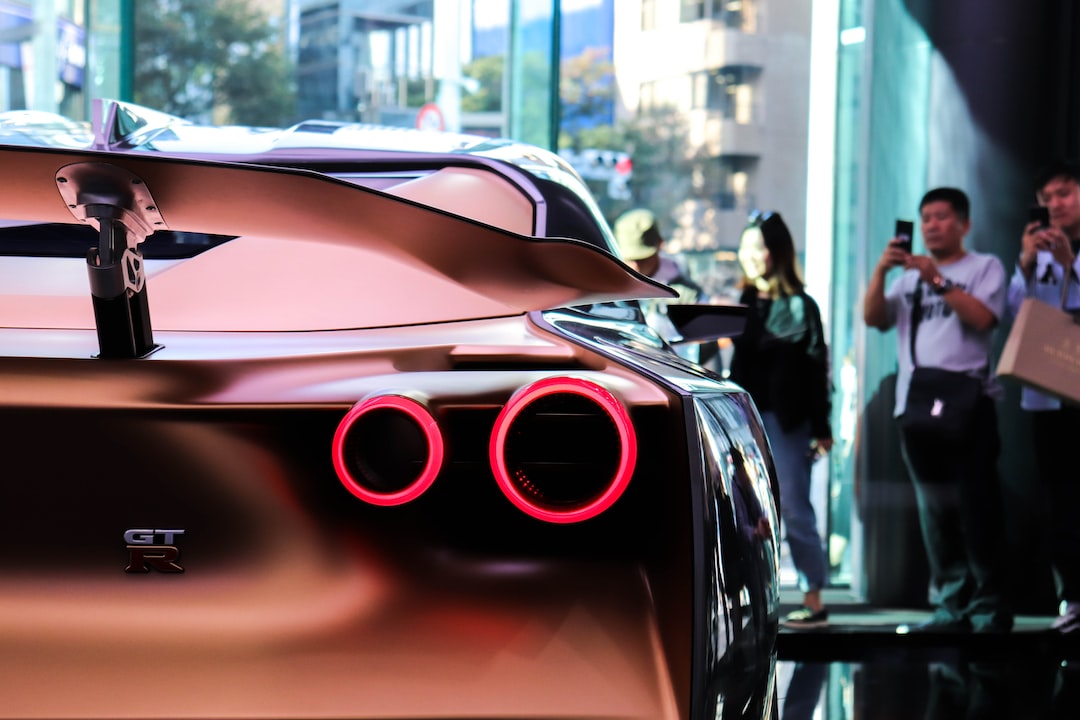When it comes to purchasing a car, one of the biggest decisions you will have to make is whether to buy a new or used vehicle. Both options have their own set of advantages and disadvantages, so it is essential to evaluate the pros and cons before making a final decision. In this blog post, we will explore the advantages and disadvantages of buying a new versus a used car, helping you make an informed choice.
Pros of buying a new car:
1. Reliability: One of the prominent benefits of buying a new car is the reliability it offers. New cars come with the latest technology, better safety features, and modern advancements, ensuring a smoother and more dependable driving experience. Moreover, new cars are less likely to face major mechanical issues or breakdowns in the initial years of ownership.
2. Warranty coverage: Purchasing a new car often includes a warranty from the manufacturer, protecting you from any unforeseen repairs or defects. These warranties typically last for a specific period or a certain number of miles, which provides peace of mind and potentially saves you money on maintenance and repairs.
3. More financing options: If you plan to finance your vehicle purchase, buying a new car might open up more financing options. Lenders tend to offer better interest rates and loan terms for new cars, making them more affordable for monthly payments.
4. Customization: When buying a new car, you have the liberty to choose specific features, colors, trims, and optional extras according to your preferences. This customization ability guarantees that you get exactly what you want in terms of appearance and functionality.
Cons of buying a new car:
1. Depreciation: The moment you drive a new car off the lot, it starts to lose value. New vehicles depreciate rapidly, sometimes up to 20% in the first year alone. This depreciation can significantly impact your investment, as the value of the car depreciates faster than you can pay down the loan, causing negative equity.
2. Higher upfront cost: New cars come with a higher price tag compared to used vehicles. If you are on a tight budget, buying a new car might not be the most financially sensible option, as it may require a more substantial down payment and result in larger monthly payments.
3. Expensive insurance: Insurance rates for new cars are usually higher due to their higher value. Additionally, costly repairs and replacement parts can contribute to increased insurance premiums, adding to the overall cost of owning a new vehicle.
Pros of buying a used car:
1. Cost savings: One of the most significant advantages of buying a used car is the cost savings. Used vehicles are generally priced lower than their new counterparts, allowing you to get more value for your money. Moreover, you can often find good deals on slightly older models that still possess modern features and technologies.
2. Lower depreciation: Used cars have already experienced the bulk of their depreciation, so they tend to maintain their value more consistently. You will not face the steep depreciation curve that new car owners encounter, meaning you can potentially sell your used car for a similar price to what you paid if you take proper care of it.
3. More affordable insurance: Insurance for used cars is typically less expensive than for new cars. Since the market value of a used car is lower, insurance companies generally charge lower premiums to cover potential damages or accidents.
Cons of buying a used car:
1. Reliability concerns: While buying a used car can save you money initially, there is a higher chance of encountering mechanical issues and unexpected repairs. Used cars have unknown histories, so it is crucial to thoroughly inspect and research a used vehicle before making a purchase.
2. Limited warranty: Unlike new cars, used cars may not come with a manufacturer’s warranty or any remaining warranty period. This means you will be responsible for any repairs or breakdowns that occur after the purchase, which can be expensive.
3. Older technology: Used cars may not have the latest technologies and features found in newer models. If having the latest gadgets and advanced safety systems is important to you, a used car might not fulfill those desires.
Ultimately, the decision between buying a new or used car depends on your personal preferences, budget, and priorities. While new cars offer reliability and customization, they come with a higher cost and rapid depreciation. On the other hand, used cars provide cost savings and less depreciation, but may be less reliable and lack the latest features. By weighing the pros and cons, you can make an informed decision that best suits your needs and circumstances.

